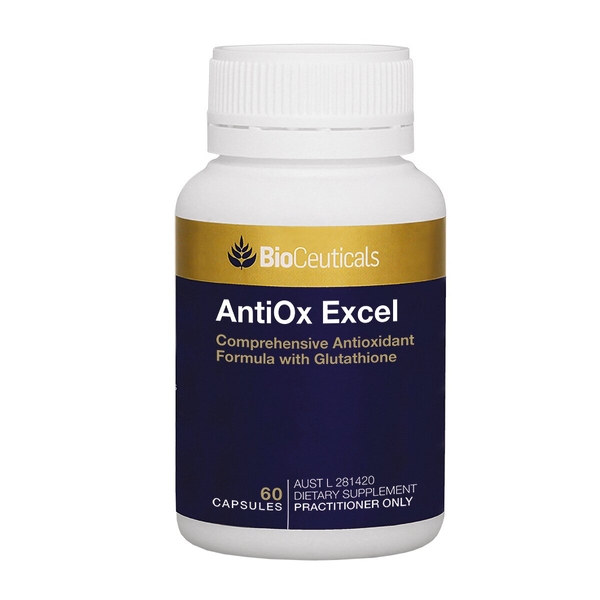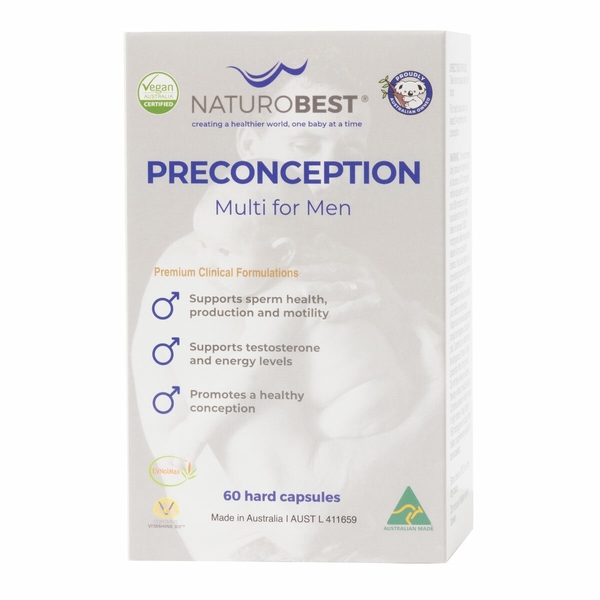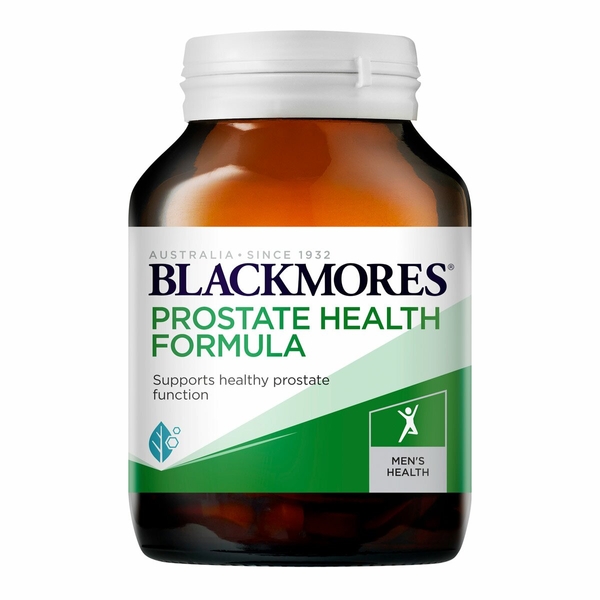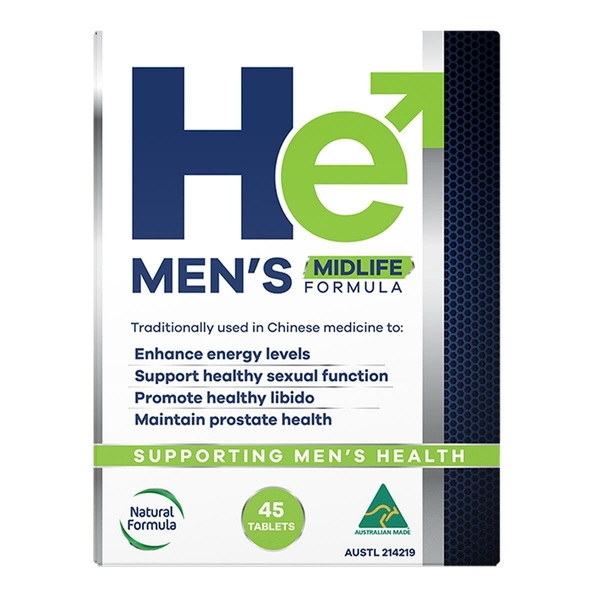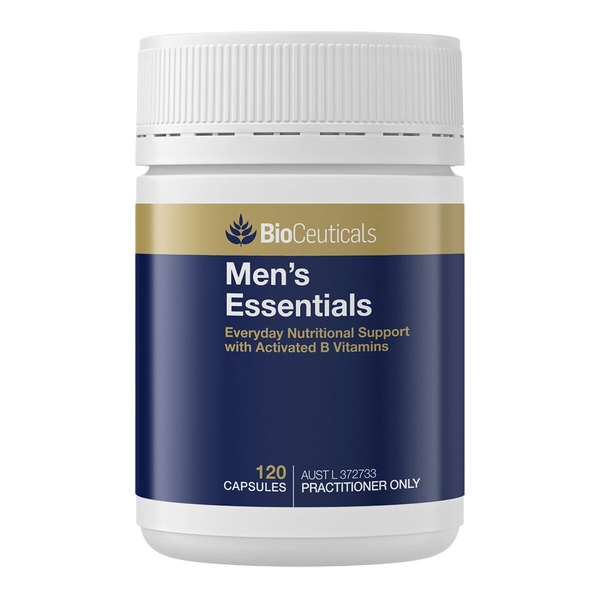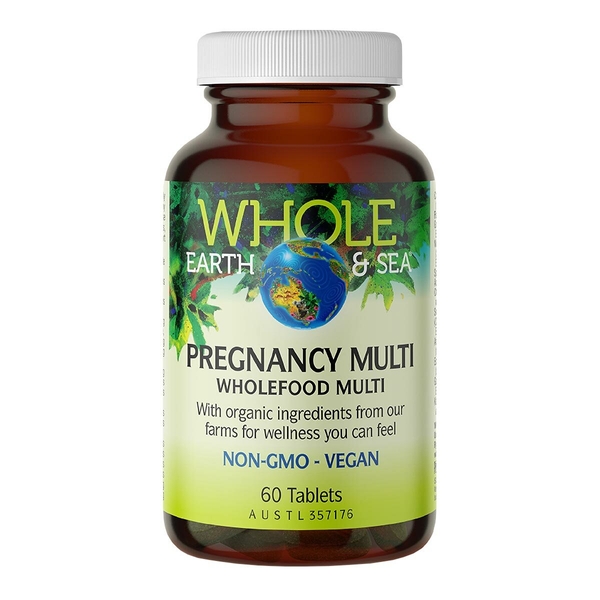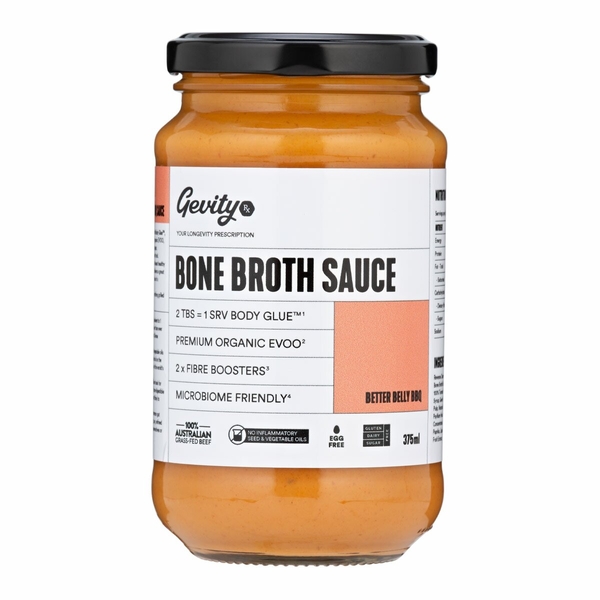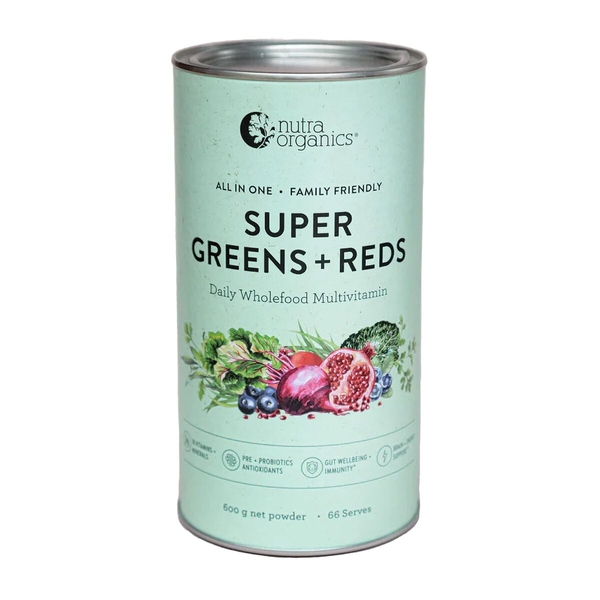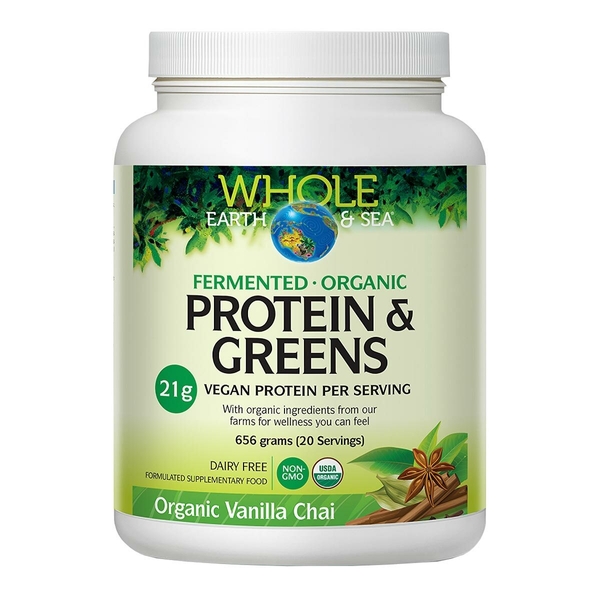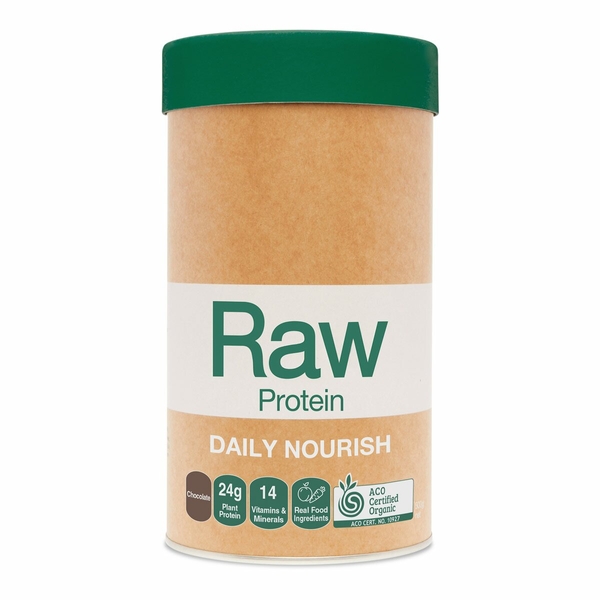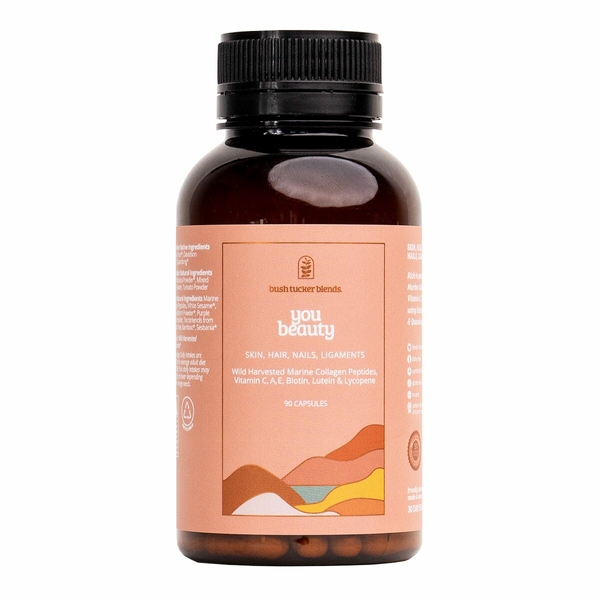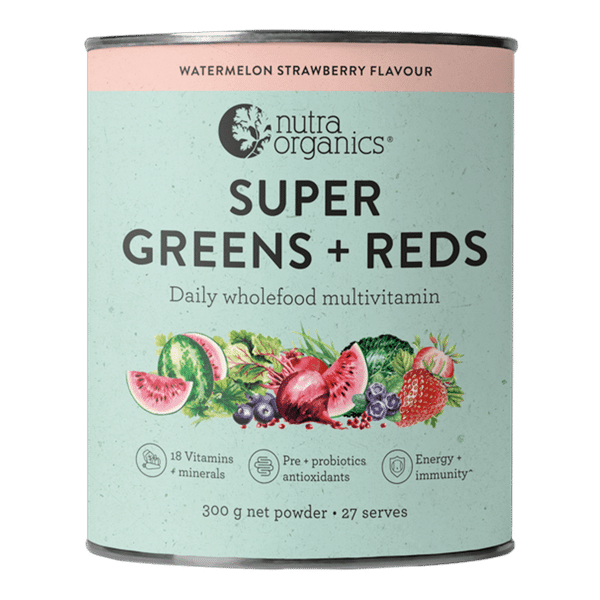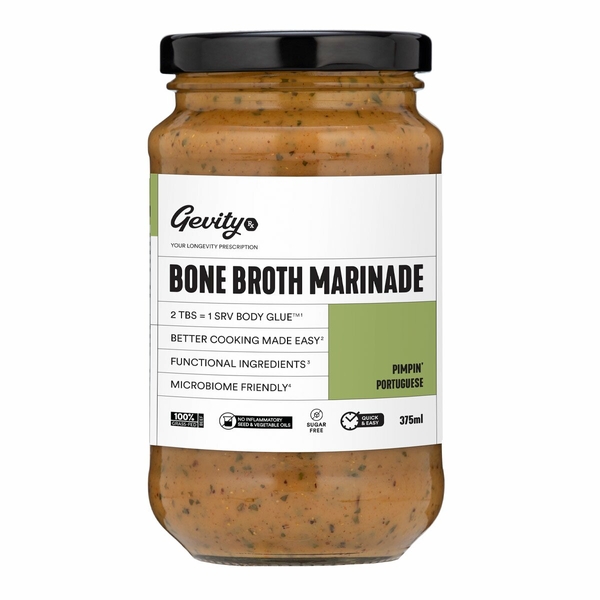
Tomato
Scientific names: Solanum lycopersicum, Lycopersicon esculentum
Family: Solanaceae
Alternate names: Extrait de Tomate, Love Apple, Pomme d'Amour, Pomme d'Or, Raktamaci, Tamatar, Tomate, Tomato Fruit
Background
Tomato (Solanum lycopersicum) is a commonly eaten fruit that grows on a vine. It contains many nutrients, including an antioxidant called lycopene.
The lycopene in tomato is thought to play a role in preventing cancer. It's easier for the body to use lycopene that comes from tomato products, such as tomato paste or tomato juice, than from fresh tomatoes.
People use tomato for cancer prevention, diabetes, high blood pressure, heart disease, osteoarthritis, and many other conditions, but there is no good scientific evidence to support these uses.
Don't confuse tomato with lycopene, the antioxidant found in tomatoes.
The lycopene in tomato is thought to play a role in preventing cancer. It's easier for the body to use lycopene that comes from tomato products, such as tomato paste or tomato juice, than from fresh tomatoes.
People use tomato for cancer prevention, diabetes, high blood pressure, heart disease, osteoarthritis, and many other conditions, but there is no good scientific evidence to support these uses.
Don't confuse tomato with lycopene, the antioxidant found in tomatoes.
Safety Safety definitions
When taken by mouth: Tomatoes are commonly consumed in foods. A specific tomato extract (Lyc-O-Mato) is possibly safe when used for up to eight weeks. But large amounts of tomato leaf or green tomatoes are possibly unsafe. In large amounts, tomato leaves or green tomatoes can cause poisoning, potentially leading to serious side effects and death.
There isn't enough reliable information to know if tomato vine is safe or what the side effects might be.
There isn't enough reliable information to know if tomato vine is safe or what the side effects might be.
Special Precautions & Warnings:
Pregnancy and breast-feeding: Tomato fruit is commonly consumed in foods while pregnant and breast-feeding. But there isn't enough reliable information to know if tomato extract is safe or what the side effects might be. Stay on the safe side and stick to food amounts.Effectiveness
NatMed Pro rates effectiveness based on scientific evidence according to the following scale: Effective, Likely Effective, Possibly Effective, Possibly Ineffective, Likely Ineffective, Ineffective, and Insufficient Evidence to Rate.
Possibly ineffective Effectiveness definitions
- Bladder cancer. Eating more tomato products does not seem to decrease the risk of bladder cancer.
- Breast cancer. Eating more tomato products does not seem to decrease the risk of breast cancer.
- Diabetes. Eating more tomato products does not seem to decrease the risk of diabetes. It also doesn't seem to reduce blood sugar levels in people with diabetes.
Dosing & administration
The tomato fruit is commonly consumed in foods.
As medicine, tomato extracts have most often been used based on their lycopene content. Typical doses for adults are 15-30 mg of lycopene by mouth daily for up to 8 weeks. Speak with a healthcare provider to find out what dose might be best for a specific condition.
As medicine, tomato extracts have most often been used based on their lycopene content. Typical doses for adults are 15-30 mg of lycopene by mouth daily for up to 8 weeks. Speak with a healthcare provider to find out what dose might be best for a specific condition.
Interactions with pharmaceuticals
It is not known if Tomato interacts with any medicines. Before taking Tomato, talk with your healthcare professional if you take any medications.
Interactions with herbs & supplements
Beta-carotene: Taking beta-carotene while consuming tomatoes might change the amount of a certain nutrient, called lycopene, that is absorbed into the body.
Calcium: Taking calcium supplements with tomato paste can decrease the amount of a certain nutrient, called lycopene, that is absorbed into the body.
Lutein: Taking lutein while consuming tomatoes can decrease the amount of a certain nutrient, called lycopene, that is absorbed into the body.
Calcium: Taking calcium supplements with tomato paste can decrease the amount of a certain nutrient, called lycopene, that is absorbed into the body.
Lutein: Taking lutein while consuming tomatoes can decrease the amount of a certain nutrient, called lycopene, that is absorbed into the body.
Interactions with foods
There are no known interactions with foods.
Products
View all productsPer capsule:
- Lycopersicon esculentum (Tomato) 8.3 mg equiv. lycopene 500 μg equiv. fresh fruit 2.9 g
- Reynoutria japonica ext. 225 mg
- Zinc citrate dihydrate 15.6 mg equiv. zinc 5 mg
- Total Vitamin C 152.9 mg
- Calcium ascorbate dihydrate (Vitamin C) 125.5 mg equiv. ascorbic acid 103.7 mg
- Ascorbyl palmitate (Vitamin C) 45 mg equiv. ascorbic acid 19.1 mg
- Ascorbic acid (Vitamin C) 30.1 mg
- Beta-carotene carotenoids (Vitamin A) 2.7 mg
- Reduced glutathione 50 mg
- Vitis vinifera ext. 60.4 mg
- Silybum marianum ext. 18.8 mg
- Vaccinium myrtillus ext. 1 mg
- Retinol acetate 300 μg equiv. vitamin A 261 μg RE
- Riboflavin (Vitamin B2) 5 mg
- Nicotinamide (Vitamin B3) 20 mg
- R,S-alpha lipoic acid 20 mg
- Selenomethionine 248.6 μg equiv. selenium 100 μg
- Palm tocotrienols complex (Vitamin E) 20 mg equiv. mixed tocopherols 900 μg
Practitioner product
Per capsule:
- Lycopersicon esculentum (Tomato) ext. 15 mg equiv. lycopene 3 mg
- Zinc citrate dihydrate 77.77 mg equiv. zinc 25 mg
- Ubidecarenone (Coenzyme Q10) 50 mg
- Retinol acetate 414 µg equiv. vitamin A 351 µg RE
- Thiamine hydrochloride (Vitamin B1) 19.06 mg equiv. thiamine 15 mg
- Riboflavin 5-phosphate sodium (Activated B2) 6.58 mg equiv. riboflavin 5 mg
- Nicotinamide (Vitamin B3) 10 mg
- Calcium pantothenate (Vitamin B5) 54.59 mg equiv. pantothenic acid 50 mg
- Pyridoxal 5-phosphate monohydrate (P5P) 7.84 mg equiv. pyridoxine 5 mg
- Calcium folinate (Activated folate) 271 µg equiv. folinic acid 250 µg
- Hydroxocobalamin (Vitamin B12) 500 µg
- Choline bitartrate 243.13 mg equiv. choline 100 mg
- Biotin 100 µg
- Magnesium ascorbate monohydrate (Vitamin C) 112.08 mg equiv. ascorbic acid 100 mg equiv. magnesium 6.94 mg
- Cholecalciferol 12.5 µg equiv. vitamin D3 500 IU
- Chromium picolinate 201 µg equiv. chromium 25 µg
- Potassium iodide (Iodine) 130.80 µg equiv. iodine 100 µg equiv. potassium 30.8 µg
- Selenomethionine 186 µg equiv. selenium 75 µg
- Silica - colloidal anhydrous 5 mg
- Magnesium amino acid chelate 125 mg equiv. magnesium 25 mg
- Palm tocotrienols complex (Vitamin E) 16.67 mg equiv. vitamin E 5 mg
$54.98
OOS at supplier
Create account
Due back 11/04
Per capsule:
RRP: $41.99$33.59Save: 20%
Create account
Per tablet:
RRP: $34.18$27.35Save: 20%
Create account
Per capsule:
- Lycopersicon esculentum (Tomato) ext. 1.67 mg equiv. lycopene 100 μg
- Retinol palmitate 341 μg equiv. vitamin A 186 μg RE
- Co-methylcobalamin (Vitamin B12) 50 μg
- Ascorbic acid (Vitamin C) 37.5 mg
- Cholecalciferol 10 μg equiv. vitamin D3 400 IU
- Zinc amino acid chelate 50 mg equiv. zinc 10 mg
- d-alpha-Tocopherol 8.4 mg equiv. vitamin E 12.5 IU
- Riboflavin (Vitamin B2) 15 mg
- Riboflavin 5-phosphate sodium (Activated B2) 6.4 mg equiv. riboflavin 5 mg
- Nicotinic acid (Vitamin B3) 2.5 mg
- Nicotinamide (Vitamin B3) 25 mg
- Calcium pantothenate (Vitamin B5) 27.3 mg equiv. pantothenic acid 25 mg equiv. calcium 2.289 mg
- Pyridoxal 5-phosphate monohydrate (P5P) 3.9 mg equiv. pyridoxine 2.5 mg
- Pyridoxine hydrochloride (Vitamin B6) 15.2 mg equiv. pyridoxine 12.5 mg
- Calcium folinate (Activated folate) 127 μg equiv. folinic acid 100 μg
- Levomefolate calcium (Activated folate) 54 μg equiv. levomefolic acid 50 μg
- Cyanocobalamin (Vitamin B12) 100 μg
- Biotin 75 μg
- Borax 4.4 mg equiv. boron 500 μg
- Calcium citrate tetrahydrate 59.3 mg equiv. calcium 12.5 mg
- Chromium picolinate 202 μg equiv. chromium 25 μg
- Potassium iodide (Iodine) 49.1 μg equiv. iodine 37.5 μg equiv. potassium 11.6 μg
- Magnesium phosphate pentahydrate 96.8 mg equiv. magnesium 20 mg
- Manganese amino acid chelate 15 mg equiv. manganese 1.5 mg
- Molybdenum trioxide 93.8 μg equiv. molybdenum 62.5 μg
- Selenomethionine 62.5 μg equiv. selenium 25 μg
- Inositol 25 mg
- Menaquinone 7 (Vitamin K2) 7.5 μg
- Alpinia galanga ext. 100 mg
- Choline bitartrate 25 mg
- Thiamine nitrate (Vitamin B1) 30.8 mg equiv. thiamine 25 mg
Practitioner product
Per tablet:
- Lycopersicon esculentum (Tomato) powder 2.5 mg
- Calcium ascorbate dihydrate (Vitamin C) 11.08 mg equiv. ascorbic acid 10 mg equiv. calcium 1.2 mg
- Magnesium ascorbate (Vitamin C) 10.83 mg equiv. ascorbic acid 7.74 mg equiv. magnesium 1.083 mg
- Phyllanthus emblica ext. 9.52 mg
- Cholecalciferol 12.5 μg equiv. vitamin D3 500 IU
- d-alpha-Tocopheryl acid succinate 5 mg
- Levomefolate glucosamine (Activated folate) 345.54 μg equiv. levomefolic acid 200 μg
- Co-methylcobalamin (Vitamin B12) 100 μg
- Zinc citrate dihydrate 15.65 mg equiv. zinc 5 mg
- Beta-carotene carotenoids (Vitamin A) 2 mg
- Menaquinone 7 (Vitamin K2) 20 μg
- Thiamine hydrochloride (Vitamin B1) 1.59 mg equiv. thiamine 1.25 mg
- Riboflavin 5-phosphate sodium (Activated B2) 850 μg equiv. riboflavin 625 μg
- Nicotinamide (Vitamin B3) 6.25 mg
- Calcium pantothenate (Vitamin B5) 2.73 mg equiv. pantothenic acid 2.5 mg
- Pyridoxal 5-phosphate monohydrate (P5P) 1.01 mg equiv. pyridoxine 625 μg
- Calcified lithothamnion (Red algae) 154.55 mg equiv. calcium 48.8 mg equiv. magnesium 3.58 mg
- Ferric pyrophosphate 40.03 mg equiv. iron 12 mg
- Chromium picolinate 201.13 μg equiv. chromium 25 μg
- Cupric sulfate 982.3 μg equiv. copper 250 μg
- Ascophyllum nodosum 18.75 mg
- Manganese gluconate 5.48 mg equiv. manganese 625 μg
- Selenomethionine 62.09 μg equiv. selenium 25 μg
- Borax 1.5 mg equiv. boron 175 μg
- Lutein 250 μg
- Lycopene 250 μg
- Choline bitartrate 15.19 mg equiv. choline 6.25 mg
- Inositol 12.5 mg
- Vaccinium macrocarpon powder 5 mg
- Camellia sinensis ext. 2.5 mg
- Schizandra chinensis ext. 2.5 mg
- Euterpe oleracea (berry) ext. (Acai) 2.5 mg
- Chlorella vulgaris powder 2.5 mg
- Cynara scolymus powder 2.5 mg
- Echinacea purpurea powder 2.5 mg
- Allium sativum ext. 2.5 mg
- Brassica oleracea var. acephala (leaf) powder (Kale) 2.5 mg
- Punica granatum ext. 2.5 mg
- Hordeum vulgare (leaf) powder (Barley) 2.5 mg
- Vitis vinifera ext. 21.5 mg
- Citrus sinensis ext. 2.5 mg
- Magnesium aspartate 151.69 mg equiv. magnesium 30.34 mg
- Magnesium citrate 92.59 mg equiv. magnesium 15 mg
- Vitis vinifera ext. 2 mg
- Vaccinium macrocarpon powder 250 μg
- Vaccinium myrtillus powder 250 μg
- Fragaria ananassa (Strawberry) 250 μg
- Rubus idaeus powder 250 μg
- Punica granatum powder 250 μg
- Arthrospira platensis (Spirulina) 2.5 mg
RRP: $34.95$31.45Save: 10%
Create account
Per 5 g:
- Lycopersicon esculentum (Tomato)
- Inulin (Dietary fibre)
- Marine collagen peptides 250 mg
- Lepidium meyenii (root) powder
- Lactobacillus rhamnosus (LR-32)
- Bifidobacterium longum (BL-05)
- Zinc
- Cannabis sativa powder 520 mg
- Arthrospira platensis (Spirulina) 370 mg
- Linum usitatissimum (seed) flour (Flaxseed) 250 mg
- Wheatgrass powder
- Sunflower lecithin
- Citrus limon (juice) (Lemon)
- Ananas comosus (Pineapple)
- Ascorbic acid (Vitamin C)
- Euterpe oleracea (berry) ext. (Acai)
- Chlorella pyrenoidosa powder
- Apple pectin
- Beta vulgaris (root) powder (Beetroot)
- Citric acid anhydrous
- Citrullus lanatus (Watermelon)
- Fragaria ananassa (juice) powder (Strawberry)
- Garcinia mangostana (fruit) powder
- Punica granatum juice dry
- Carica papaya (fruit) powder
- Vaccinium macrocarpon (fruit) powder
- Natural vanilla flavour
- Lycium barbarum (fruit)
- Aristotelia chilensis (Maqui berry)
- Silybum marianum powder
- Astragalus membranaceus (root) powder
- Equisetum arvense (herb) powder
- Laminaria digitara (Kelp)
- Silica - colloidal anhydrous
- Daucus carota powder (Carrot)
- Camellia sinensis powder
- Withania somnifera (root) powder
- Eleutherococcus senticosus (root) powder
- Echinacea purpurea (root) powder
- Melissa officinalis powder
- Taraxacum officinale (leaf) powder
- Zingiber officinale (root) powder
- Rosa canina powder
- Vaccinium myrtillus (fruit) powder
- Ulmus rubra (bark) powder
- Mushroom powder
- Kakadu plum powder
- Calcium pantothenate (Vitamin B5)
- Panax ginseng powder
- Curcuma longa (root) powder
- Backhousia citriodora (leaf)
- Thaumatin
- Ananas comosus (Bromelain)
- Protease
- Phyllanthus emblica (fruit) powder
- Morindae officinalis (fruit) powder
- Marine algae
- Malpighia glabra (fruit) powder
- Medicago sativa 200 mg
- Sambucus nigra (fruit)
- Vaccinium corymbosum (fruit) powder
- Hordeum vulgare powder 200 mg
- Salvia hispanica (seed) powder
RRP: $39.95$33.96Save: 15%
Create account
Per 20 mL (Better Belly BBQ):
- Lycopersicon esculentum (Tomato)
- Extra virgin olive oil (EVOO)
- Beef bones
- Paprika
- Carya juice
- Water
- Sea salt
- Apple cider vinegar
- Cichorium intybus (fibre)
- Plantago ovata (husk) (Psyllium)
- Brassica juncea (seed) powder
- Natural pomegranate flavour
- Allium cepa
- Allium sativum powder
- Citrus limon (juice) (Lemon)
- Cyamopsis tetragonoloba (Guar gum)
- Luo Han Guo (fruit) ext. (Monk fruit)
- Tamarindus indica
375 mL Better Belly BBQ
RRP: $19.09$16.23Save: 15%
Create account
Per 9 g:
- Lycopersicon esculentum (Tomato)
- Chlorella pyrenoidosa powder
- Brassica oleracea var. acephala (leaf) powder (Kale)
- Inulin (Dietary fibre)
- Medicago sativa
- Brassica oleracea var. italica (Broccoli)
- Spinacia oleracea (Spinach)
- Green banana
- Bacillus coagulans (GBI-30)
- Arthrospira platensis (Spirulina)
- Laminaria digitara (Kelp)
- Euterpe oleracea (berry) ext. (Acai)
- Vaccinium corymbosum
- Malpighia glabra
- Beta vulgaris
- Punica granatum juice dry
- Lycium chinese
- Golden pea protein (sprout) bio-fermented
- Apple pectin
- Rubus idaeus (berry)
- Fragaria ananassa (Strawberry)
- Hippophae rhamnoides
- Arctic sea algae
- Sea salt
- Sunflower seed extract
- Ananas comosus (Pineapple)
- Citrus limon (Lemon)
- Linum usitatissimum (seed) (Flaxseed)
- Malus (Apple)
- Lepidium meyenii
- Natural flavours
- Silybum marianum
- Equisetum arvense
- Centella asiatica
- Glycyrrhiza glabra (root)
- Althaea officinalis (root)
- Melissa officinalis
- Taraxacum officinale (leaf)
- Zingiber officinale (root)
- Withania somnifera
- Aloe barbadensis (leaf)
- Panax ginseng
- Pumpkin powder
- Sweet potato powder
- Sunflower seed
- Vaccinium macrocarpon
- Grifola frondosa (mushroom)
- Lentinula edodes (mushroom)
- Myrciaria dubia (fruit) powder (Camu Camu)
- Protease
- Amylase enzyme
- Lipase
- Cellulase
- Lactase
- Mesquite (pod) powder
- Thaumatin
- Prunus salicina (Queen Garnet plum)
- Chlorella pyrenoidosa powder
RRP: $139.95$118.97Save: 15%
Create account
Per 5 g:
- Lycopersicon esculentum (Tomato)
- Pumpkin powder
- Green banana
- Brassica oleracea var. italica (Broccoli)
- Spinacia oleracea (Spinach)
- Sweet potato powder
- Golden pea protein
- Vaccinium macrocarpon
- Daucus carota powder (Carrot) 1.2 g
- Malus (Apple)
- Mango (fruit)
- Pouteria lucuma (fruit) powder
- Brassica oleracea var. acephala (leaf) powder (Kale)
- Sunflower seed extract
- Chlorella pyrenoidosa powder
- Grifola frondosa (fruiting body)
- Lentinula edodes (fruiting body)
- Medicago sativa
- Oryza sativa (Rice fibre)
RRP: $44.95$38.21Save: 15%
Create account
Per 35.5 g (Vanilla Chai):
- Lycopersicon esculentum (Tomato)
- Pea protein concentrate
- Oryza sativa (Rice protein)
- Hordeum vulgare
- Wheatgrass powder
- Amaranth powder
- Quinoa powder
- Medicago sativa
- Malus (Apple)
- Vaccinium corymbosum
- Vaccinium macrocarpon
- Daucus carota powder (Carrot)
- Coriandrum sativum
- Petroselinum crispum
- Cynara scolymus
- Raphanus raphanistrum (Wild radish)
- Taraxacum officinale
- Brassica oleracea var. acephala (leaf) powder (Kale)
- Apium graveolens
- Beta vulgaris
- Spinacia oleracea (Spinach)
- Brassica oleracea var. italica
- Armoracia rusticana
- Brassica oleracea var. viridis
- Nasturtium officinale
- Ocimum basilicum
- Piper nigrum
- Mentha spicata
- Natural flavours
- Malpighia glabra ext. dry
- Cordyceps sinensis
- Ganoderma lucidum
- Lentinula edodes
- Grifola frondosa
- Elettaria cardamomum
- Cinnamomum spp.
- Cannabis sativa (seed) powder
- Stevia rebaubiana
- Pumpkin seed protein
- Brassica oleracea var. botrytis (Cauliflower)
- Capsicum annuum
- Beta vulgaris (leaf) powder (Swiss Chard)
RRP: $64.96$58.47Save: 10%
Create account
Per 35 g (Chocolate):
- Lycopersicon esculentum (Tomato)
- Golden pea protein (sprout) bio-fermented
- Theobroma cacao (Cocoa powder)
- Sea mineral complex
- Magnesium (marine)
- Zingiber officinale
- Spinacia oleracea (Spinach)
- Brassica oleracea var. italica
- Daucus carota powder (Carrot)
- Beta vulgaris (root) powder (Beetroot)
- Lentinula edodes
- Malus (Apple)
- Vaccinium macrocarpon
- Natural cherry flavour
- Orange
- Vaccinium corymbosum
- Fragaria ananassa (Strawberry)
- Natural flavours
- Pea (fibre) sprouted
- Acacia sp. (gum)
- Stevia rebaubiana
RRP: $59.95$47.96Save: 20%
Create account
Per 4 g:
- Lycopersicon esculentum (Tomato) powder
- Terminalia ferdinandiana
- Davidson plum powder
- Marine collagen peptides
- Hippophae rhamnoides powder
- Green banana
- Berry flavour
- Sesamum indicum
- Daucus carota powder
- Bambusa arundinacea
- Sesbania sp.
- Tocotrienols (Vitamin E)
- Santalum acuminatum
$59.95
Create account
Per capsule:
- Lycopersicon esculentum (Tomato)
- Terminalia ferdinandiana
- Davidson plum powder
- Marine collagen peptides
- Santalum acuminatum
- Green banana
- Berry flavour
- Sesamum indicum
- Hippophae rhamnoides powder
- Daucus carota powder
- Bambusa arundinacea
- Sesbania sp.
- Tocotrienols (Vitamin E)
$59.95
Create account
Per 11 g:
- Lycopersicon esculentum (Tomato)
- Golden pea protein (sprout) bio-fermented
- Medicago sativa
- Arthrospira platensis (Spirulina)
- Brassica oleracea var. acephala (leaf) powder (Kale)
- Chlorella vulgaris
- Brassica oleracea var. italica
- Spinacia oleracea
- Laminaria digitara (Kelp)
- Vaccinium corymbosum
- Fragaria ananassa (Strawberry)
- Euterpe oleracea (berry) ext. (Acai)
- Rubus idaeus
- Punica granatum
- Beta vulgaris
- Lycium barbarum
- Malpighia glabra
- Hippophae rhamnoides
- Natural flavours
- Inulin (Dietary fibre)
- Apple pectin
- Green banana starch
- Bacillus coagulans (GBI-30)
- Arctic sea algae
- Sea salt
- Linum usitatissimum (seed) (Flaxseed)
- Citrus limon (Lemon)
- Sunflower seed extract
- Ananas comosus (Pineapple)
- Malus (Apple)
- Lepidium meyenii
- Silybum marianum
- Centella asiatica
- Glycyrrhiza spp. (root)
- Althaea officinalis (root)
- Melissa officinalis
- Taraxacum officinale (leaf)
- Zingiber officinale (root)
- Aloe barbadensis (leaf)
- Panax ginseng
- Pumpkin powder
- Sweet potato powder
- Vaccinium macrocarpon
- Grifola frondosa
- Lentinula edodes
- Myrciaria dubia (fruit) powder (Camu Camu)
- Protease
- Amylase enzyme
- Lipase
- Cellulase
- Lactase
- Mesquite (pod) powder
- Thaumatin
RRP: $84.95$72.22Save: 15%
Create account
Per 10 g:
- Lycopersicon esculentum (Tomato)
- Beef bones 2 g
- Molasses (Cane juice)
- Acetic acid (Vinegar)
- Jalapeno pepper 0.1 g
- Allium sativum
- Worcestershire sauce (Burgundy sauce)
- Paprika
- Brassica juncea
- Piper nigrum
- Allium cepa
- Citric acid anhydrous
RRP: $15.90$13.52Save: 15%
Create account
Per 10 g:
- Lycopersicon esculentum (Tomato)
- Beef bones 2 g
- Molasses (Cane juice)
- Acetic acid (Vinegar)
- Jalapeno pepper 0.3 g
- Allium sativum
- Sea salt
- Paprika
- Brassica juncea (seed)
- Piper nigrum
- Worcestershire sauce (Burgundy sauce)
RRP: $15.90$13.52Save: 15%
Create account
RRP: $18.50$15.73Save: 15%
OOS at supplier
Create account
return unknown
vital.ly has licensed monographs from TRC Healthcare.
This monograph was last reviewed on 17/12/2024 11:00:00 and last updated on 06/07/2020 21:12:30. Monographs are reviewed and/or updated multiple times per month and at least once per year.
Natural Medicines disclaims any responsibility related to medical consequences of using any medical product. Effort is made to ensure that the information contained in this monograph is accurate at the time it was published. Consumers and medical professionals who consult this monograph are cautioned that any medical or product related decision is the sole responsibility of the consumer and/or the health care professional. A legal License Agreement sets limitations on downloading, storing, or printing content from this Database. No reproduction of this monograph or any content from this Database is permitted without written permission from the publisher. It is unlawful to download, store, or distribute content from this site.

